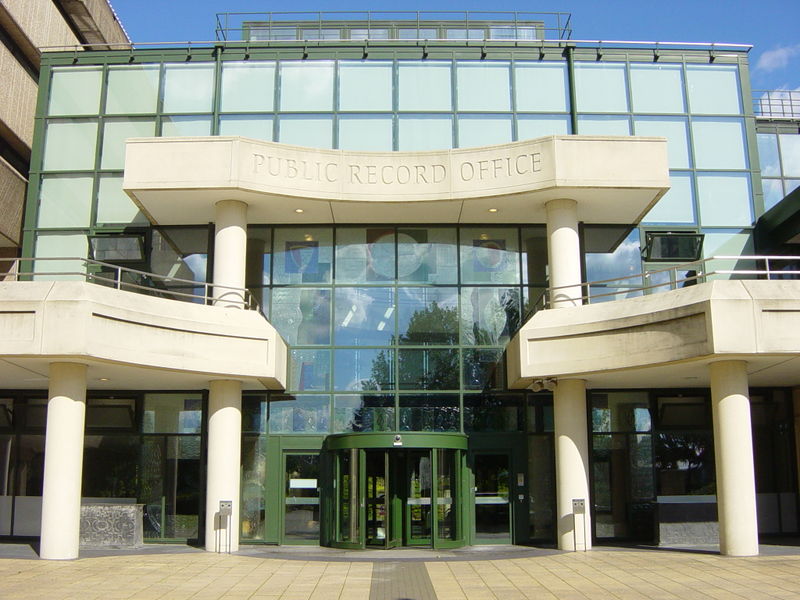National Archives legacy software deal to protect digital data
Microsoft and the National Archives have teamed up to ensure digital records on out-of-date file formats remain readable in the future.


Sign up today and you will receive a free copy of our Future Focus 2025 report - the leading guidance on AI, cybersecurity and other IT challenges as per 700+ senior executives
You are now subscribed
Your newsletter sign-up was successful
Microsoft has agreed to make legacy versions of its software available to the National Archives to ensure digital records will be preserved and accessible in the future.
Charged with maintaining government records, the archive has some 580 terabytes of data which is held in file formats tied to applications which are no longer supported or even available.
"The ephemeral nature of digital information, resulting from the rapid evolution of technology, is a major challenge facing government and our society today," said Natalie Ceeney, chief executive of the National Archives. "Unless we take action, we face the certainty of losing years of critical knowledge. Thats why it is essential that the National Archives, together with the IT industry, address the challenge now."
To prevent records from becoming unreadable in the future, the National Archives and Microsoft have signed a memorandum of understanding (MoU) to work together on maintaining working editions of legacy software so the archive's staff and visitors will be able to view files the way the author originally intended.
The archives will be able to run previous editions of Windows operating systems and Office applications using Microsoft's Virtual PC client virtualisation software, which allows multiple operating systems to run at once on the same computer.
In turn, the archives will offer its expertise in preservation to Microsoft for future software development. The software giant has already taken steps toward easing digital preservation by using Open XML formats in its products.
"Microsoft took the step to implement XML-based file formats that unlock data in documents, allowing them to be archived, restructured, aggregated and re-used in new and dynamic ways," said Gordon Frazer, managing director UK and vice president Microsoft International. "Our MoU with the National Archives will go beyond this and ensure that decisions we make in future products will meet the rigorous requirements of digital preservation. More importantly, ensure that future generations do not suffer the fate of a digital dark age."
Sign up today and you will receive a free copy of our Future Focus 2025 report - the leading guidance on AI, cybersecurity and other IT challenges as per 700+ senior executives
Freelance journalist Nicole Kobie first started writing for ITPro in 2007, with bylines in New Scientist, Wired, PC Pro and many more.
Nicole the author of a book about the history of technology, The Long History of the Future.
-
 How the rise of the AI ‘agent boss’ is reshaping accountability in IT
How the rise of the AI ‘agent boss’ is reshaping accountability in ITIn-depth As IT companies deploy more autonomous AI tools and agents, the task of managing them is becoming more concentrated and throwing role responsibilities into doubt
-
 Hackers are pouncing on enterprise weak spots as AI expands attack surfaces
Hackers are pouncing on enterprise weak spots as AI expands attack surfacesNews Potent new malware strains, faster attack times, and the rise of shadow AI are causing havoc
